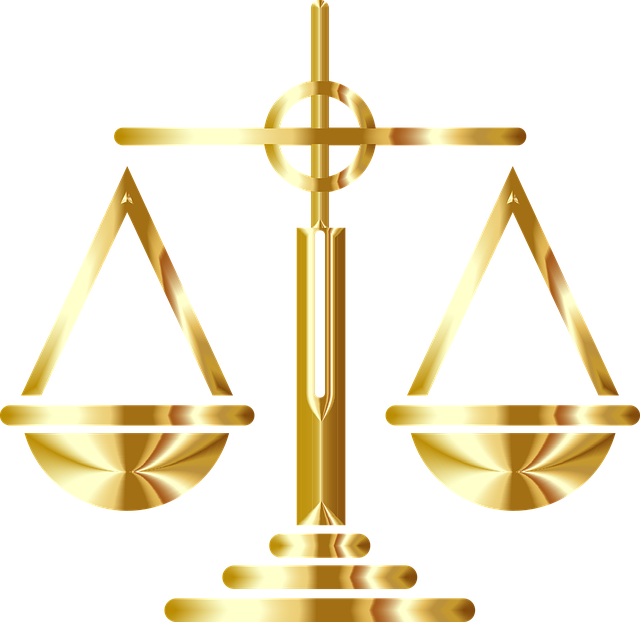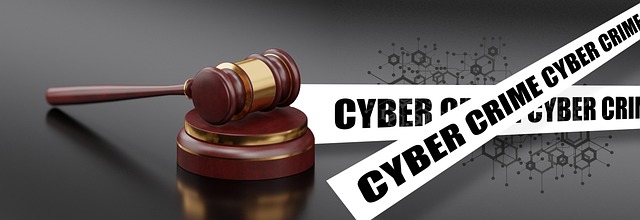Public corruption, often facilitated by tech giants, involves bribery, embezzlement, and fraud, prompting legal strategies like antitrust litigation. To combat such misconduct, corporations must conduct due diligence, implement fair competition policies, foster transparency, and showcase market benefits of their practices. Effective defense against public corruption charges includes transparent decision-making, compliance evidence, philanthropic contributions as ethical proofs, internal audits, and specialized legal expertise. High-profile tech scandals serve as case studies, impacting philanthropy, politics, and trust. Understanding and adopting antitrust litigation strategies are crucial for tech companies to maintain integrity and stakeholder engagement.
“Uncovering the intricate web of public corruption charges, particularly within the tech industry, requires a deep dive into evolving legal landscapes. This article explores the intersection of antitrust litigation and corporate integrity, focusing on strategies for tech companies to navigate complex allegations. From understanding defining characteristics and legal frameworks to examining high-profile scandals, we uncover key elements for building robust defenses. By analyzing real-world case studies, businesses can learn from past mistakes and implement proactive measures to safeguard against corruption accusations.”
- Understanding Public Corruption Charges: Definitions and Legal Frameworks
- Strategies for Tech Companies: Navigating Antitrust Litigation
- Key Elements in Building a Strong Defense Against Corruption Allegations
- Case Studies: Lessons from High-Profile Tech Company Scandals
Understanding Public Corruption Charges: Definitions and Legal Frameworks

Public Corruption charges encompass a range of illicit activities where public officials or those with significant influence in government abuse their positions for personal gain. This can manifest as bribery, embezzlement, fraud, or using one’s position to secure advantageous deals for specific corporations or individuals. The legal frameworks surrounding these charges vary across jurisdictions but generally involve strict regulations and penalties to deter such misconduct. These include antitrust laws that target corrupt practices in the tech industry, where companies might use their market power to stifle competition or gain unfair advantages.
Understanding public corruption requires a deep dive into the intricate web of relationships between corporate and individual clients, philanthropics, and political communities. Legal strategies for addressing these issues often involve complex investigations, evidence gathering, and advocacy on behalf of respective business interests while upholding ethical standards and ensuring justice. Antitrust litigation plays a crucial role here, aiming to dismantle anti-competitive behaviors that may have been facilitated by corrupt practices.
Strategies for Tech Companies: Navigating Antitrust Litigation

Tech companies operating in today’s digital landscape must remain vigilant against antitrust litigation—a significant challenge given the industry’s rapid evolution. To effectively navigate high-stakes cases, these companies should prioritize proactive measures, such as conducting thorough due diligence to identify potential risks and implementing robust internal policies that promote fair competition. By fostering a culture of transparency and accountability, tech giants can build a strong defense against allegations, aiming for achieving extraordinary results in court.
Leveraging their unprecedented track record in innovation, these companies can also demonstrate market benefits arising from their practices. This involves presenting compelling evidence that showcases how their actions have driven efficiency, lowered costs, or expanded consumer choice—all while maintaining a competitive environment. Such strategic approaches not only help tech firms avoid legal pitfalls but also reinforce their position as industry leaders.
Key Elements in Building a Strong Defense Against Corruption Allegations

In navigating public corruption charges, especially for tech companies facing antitrust litigation strategies, a robust defense hinges on several key elements. Firstly, establishing a clear chain of command and documenting decision-making processes is vital. This helps in demonstrating transparency and accountability, which can mitigate allegations of clandestine dealings. Additionally, gathering evidence to prove that all actions were in compliance with legal frameworks and regulatory guidelines is crucial.
Tech companies should also focus on their contributions to the philanthropic and political communities, showcasing their ethical practices and social responsibility. Engaging in proactive white-collar defense measures, such as regular internal audits and robust compliance programs, can serve as a shield against corruption allegations. Furthermore, having a team of experienced legal professionals specializing in antitrust law and white-collar defense is indispensable for crafting effective strategies and navigating the complexities of jury trials.
Case Studies: Lessons from High-Profile Tech Company Scandals

High-profile tech company scandals offer valuable insights into the complex landscape of antitrust litigation strategies for these giants. Cases like the one involving a prominent tech giant and its alleged anti-competitive practices have far-reaching implications, not just for the company but also for corporate and individual clients alike. These investigations delve deep into every stage of the investigative and enforcement process, uncovering strategies that can be both effective and detrimental depending on how they are executed.
The lessons from such scenarios extend beyond legal ramifications. They highlight the impact on philanthropic and political communities as well, as public trust is a crucial aspect in these matters. The way tech companies navigate antitrust challenges can shape their reputation and influence their ability to engage with stakeholders across various sectors. As a result, understanding these case studies is essential for businesses aiming to adapt their practices and maintain integrity throughout the process.
In navigating complex legal landscapes, particularly in the realm of antitrust litigation strategies for tech companies, understanding and combatting public corruption charges are paramount. By familiarizing themselves with definitional nuances and legal frameworks, tech giants can fortify their defenses against corruption allegations. The case studies presented offer valuable insights into high-profile scandals, emphasizing the importance of robust internal controls, transparent practices, and proactive compliance measures. Embracing these lessons can help tech companies not only mitigate risks but also foster a culture of integrity essential for long-term success and public trust in today’s digital era.






